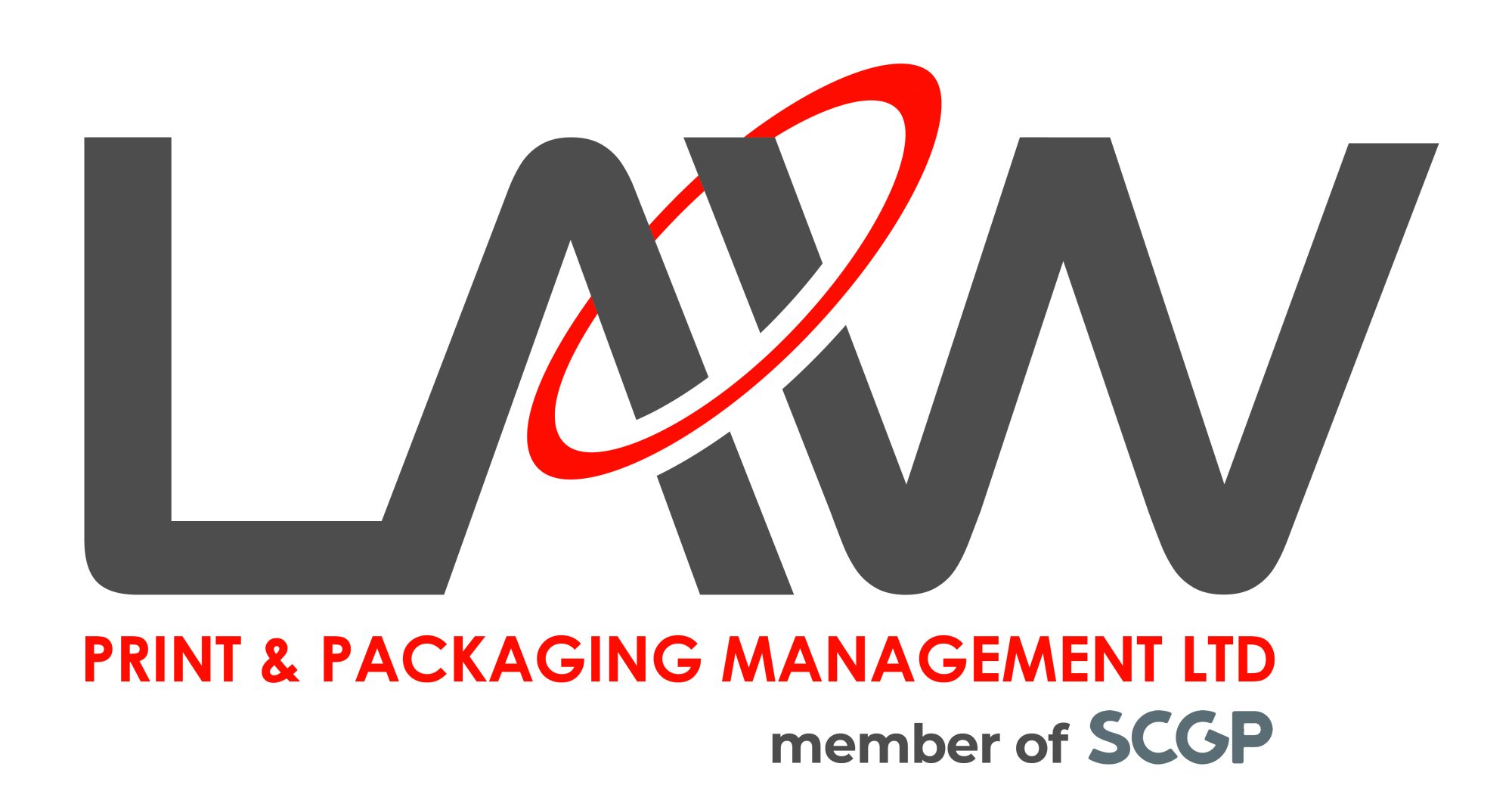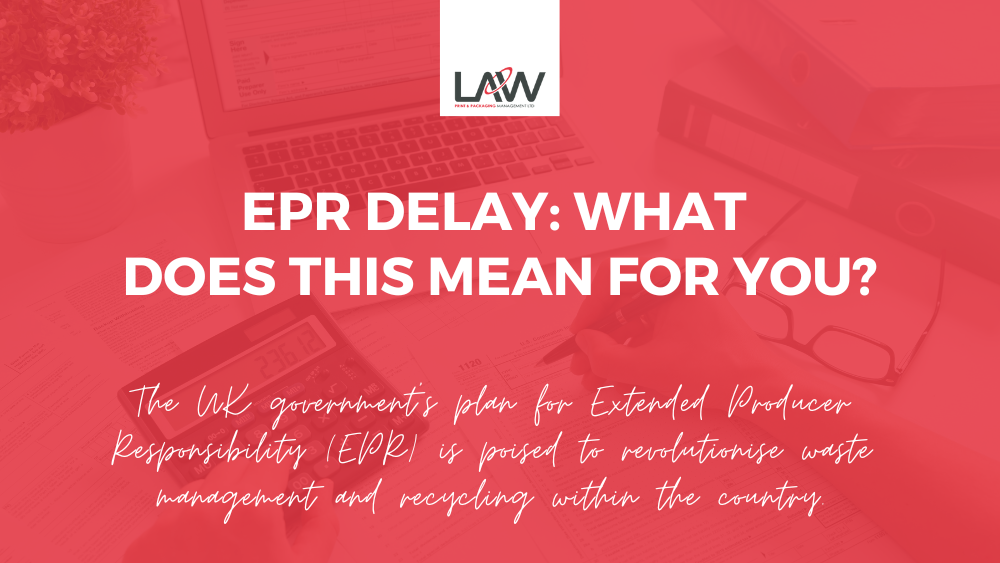EPR Delay: What does this mean for you? The UK government’s plan for Extended Producer Responsibility (EPR) is designed to reshape waste management and recycling within the country.
In the face of opposition from some industry factions, the Department for Environment, Food and Rural Affairs (Defra) is determined to move forward with the EPR program, which remains on schedule for implementation in 2024.
However, official news of the policy’s postponement came via a brief update to the Government’s EPR guidance section online.
“There has been a decision to defer EPR for packaging fees for one year,” read the statement at the bottom of the page. “This update reflects that, and also explains that other timescales have not changed – producers still have to report packaging data for 2023.”
In brief, it means that the EPR related fees have been delayed to October 2025 but the packaging data for 2023 still has to be collected and submitted.
What is EPR?
EPR is succeeding the “Producer Responsibility Packaging Regulations” to place a greater responsibility on businesses for the ‘Full Net Cost’ of packaging at end-of-life.
The government is developing a new registration portal for EPR, called Report Packaging Data (RPD).
Extended Producer Responsibility (EPR) UK hopes to incentivise producers to design packaging that is easy to recycle by ensuring that they pay the full net cost of managing their packaging once it becomes waste.
Preparations for Extended Producer Responsibility (EPR)
During this phase, businesses need to carefully evaluate their current method of submitting data, thoroughly assess all waste items that qualify, classify them based on their category, source and material, and subsequently adjust their reporting template to align with these findings. This step is especially critical as certain organisations may have to share data not just with DEFRA but also with downstream partners in their supply chain, contingent on their role in the chain. By modifying the reporting format, this process of segregation can be streamlined and made more efficient.
Challenges and Financial Considerations
Despite the unwavering commitment of the government to the EPR system, it has faced opposition from industry associations such as the British Retail Consortium (BRCGS). Their stance is that the combined impact of EPR and the deposit return scheme (DRS) could potentially impose an additional cost burden of approximately £4 billion on retailers, eventually leading to increased expenses for consumers. Similarly, the Food and Drink Federation, representing major producers like Coca-Cola and Unilever, has called for a pause in the implementation plans, raising concerns that it could escalate shopping bills by £60.
Nevertheless, DEFRA has actively taken industry feedback into consideration and has revised its proposed expenses for managing business waste, reducing the figure from £2.7 billion to £1.4 billion. The estimated net cost of implementing the new EPR system is projected to be around £1.7 billion, a substantial reduction from the initial estimates of £2.8 billion.
In Summary
The adoption of Extended Producer Responsibility (EPR) in the UK marks a notable leap forward in the pursuit of a greener and circular economy. Despite encountering resistance from specific sectors, the Government remains steadfast in its conviction that EPR will play a pivotal role in conserving valuable materials, reducing waste, and fostering resource efficiency. While this shift may pose obstacles, it equally opens doors for innovative solutions and heightened environmental responsibility.
As the 2024 implementation deadline draws near, enterprises are strongly advised to meticulously prepare, gaining a comprehensive grasp of their responsibilities and positioning themselves to harness the opportunities arising from this momentous policy transformation.
If your brand is looking to invest in sustainable packaging, we will guide you through the entire print process. Providing recommendations along the way to improve efficiency, reduce costs and add untold value to the end product.
Contact us on +44 (0) 161 440 7302 or follow this link to complete our contact form.
CASE STUDIES | CONTACT US | SOCIAL MEDIA | NEWSLETTER
EPR Delay: What does this mean for you?


